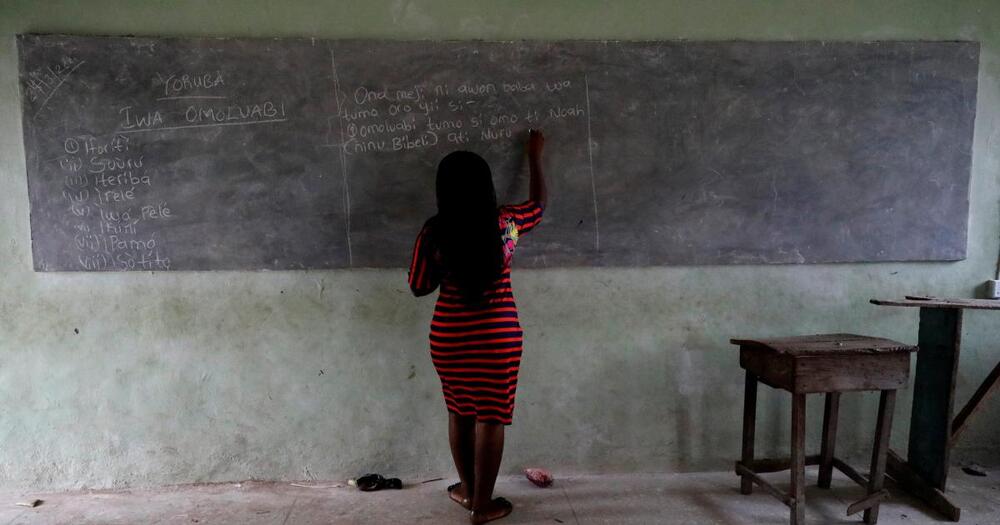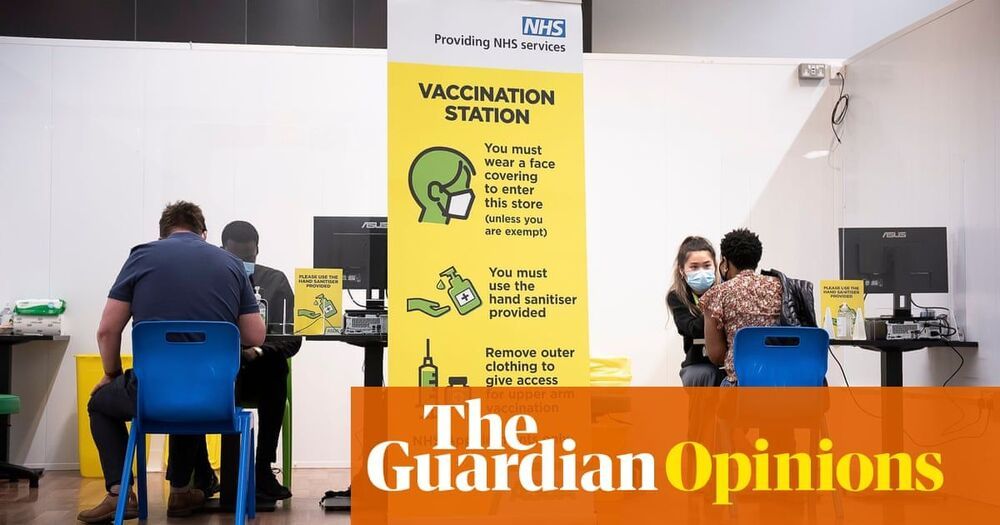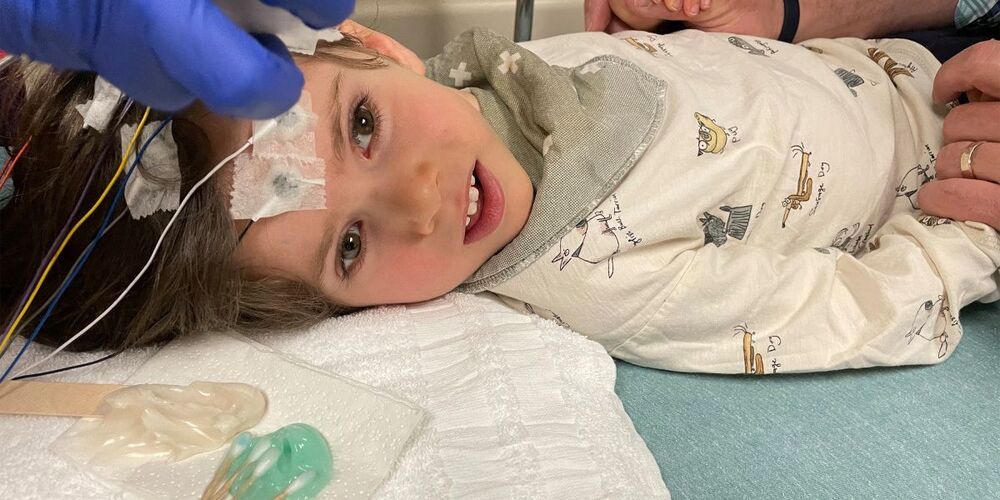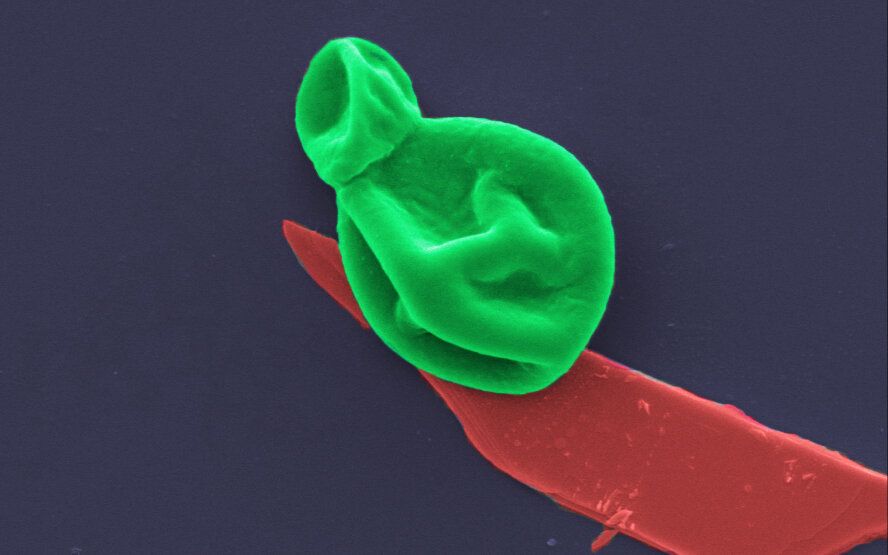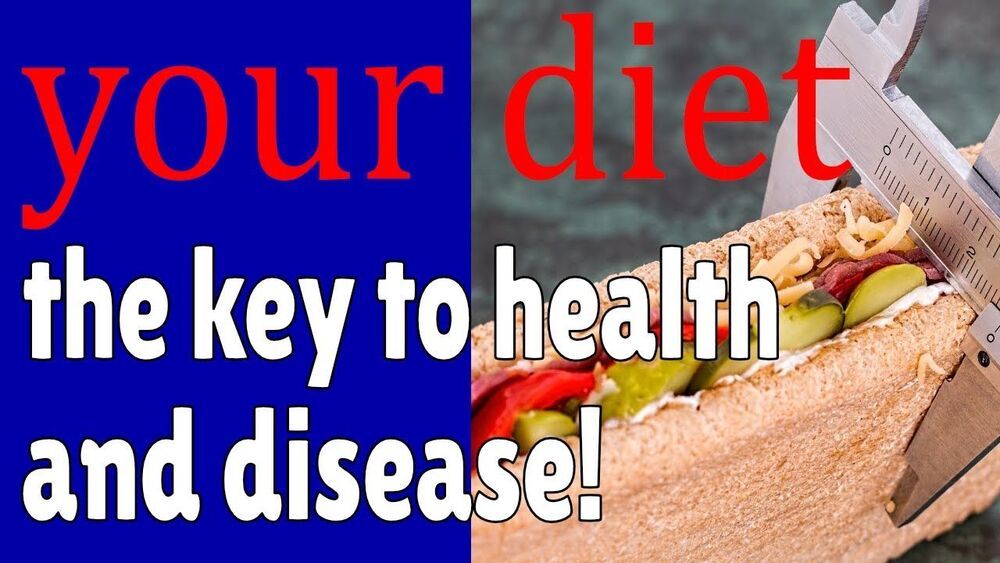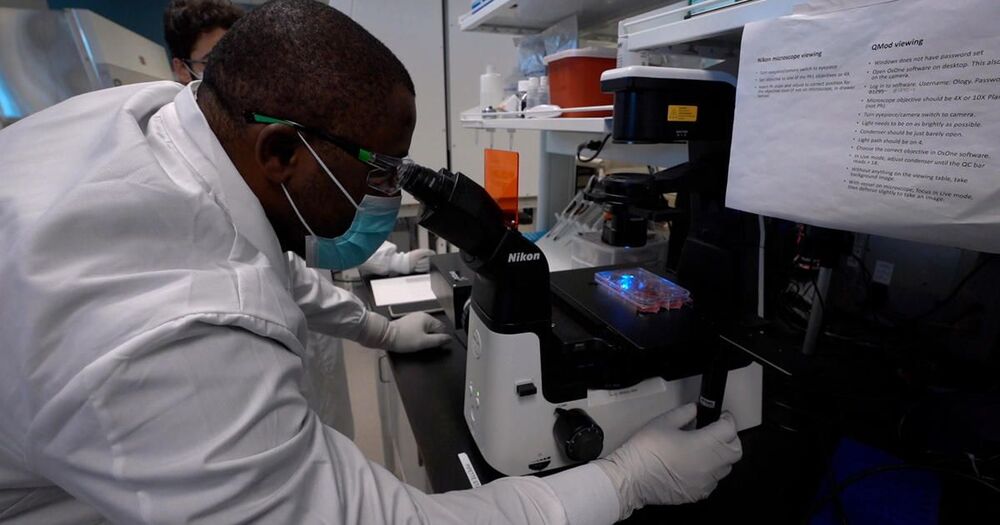Apr 14, 2021
Epic Games Raised $1 Billion to Fund Its Vision for Building the Metaverse
Posted by Montie Adkins in categories: biotech/medical, computing, entertainment, internet, virtual reality
Take my micro-transaction.
We may be on track to our own version of the Oasis after an announcement yesterday from Epic Games that it has raised $1 billion to put towards building “the metaverse.”
Epic Games has created multiple hugely popular video games, including Fortnite, Assassin’s Creed, and Godfall. An eye-popping demo released last May shows off Epic’s Unreal Engine 5, its next-gen computer program for making video games, interactive experiences, and augmented and virtual reality apps, set to be released later this year. The graphics are so advanced that the demo doesn’t look terribly different from a really high-quality video camera following someone around in real life—except it’s even cooler. In February Epic unveiled its MetaHuman Creator, an app that creates highly realistic “digital humans” in a fraction of the time it used to take.
Continue reading “Epic Games Raised $1 Billion to Fund Its Vision for Building the Metaverse” »

